Christ And The Created Order
$36.99
According to the Christian faith, Jesus Christ is the ultimate revelation not only of the nature of God the Creator but also of how God the Creator relates to the created order. The New Testament explicitly relates the act of creation to the person of Jesus Christ – who is also a participant within creation, and who is said, by his acts of participation, to have secured creation’s ultimate redemption from the problems which presently afflict it. Christian theology proposes that Jesus Christ, the incarnate Word and Wisdom of God, the agent in whom the Spirit of God is supremely present among us, is the rationale and the telos of all things – time-space as we experience and explore it; nature and all its enigmas; matter itself. Christology is thus utterly fundamental to a theology of creation, as this is unfolded both in Scripture and in early Christian theology.For all this, the contemporary conversation about science and faith tends, to a remarkable degree, to neglect the significance of Jesus Christ, focusing instead on a generic “God of wonder” or “God of natural theology.” Such general theism is problematic from the perspective of Christian theology on many levels and has at times led to a more or less deistic theology: the impression that God has created the world, then largely left it to itself. Such a theology is far removed from classical Christian renderings of creation, providence, redemption, and eschatology. According to these, the theology of creation is not just about remote “beginnings,” or the distant acts of a divine originator. Rather, the incarnate Jesus Christ is himself – remarkably – the means and the end for which creation itself exists. If we would think aright about our world, study it and live within it wisely, we must reckon centrally with his significance.What might such a bold claim possibly mean, and why is Jesus Christ said by Christian theology to be so important for understanding God’s overall relationship to the created order? What does this importance mean for science?Christ and the Created Order addresses these questions by gathering insights from biblical scholars, theologians, historians, philosophers, and scientists. This interdisciplinary collection of essays reflects on the significance of Jesus Christ for understanding the created world, particularly as that world is observed by the natural sciences.Contributors to Christ and the Created Order include Marilyn McCord Adams, Richard Bauckham, Deborah Haarsma, Paul Mo
in stock within 3-5 days of online purchase
SKU (ISBN): 9780310536086
ISBN10: 0310536081
Editor: Andrew Torrance | Editor: Thomas McCall
Binding: Trade Paper
Published: May 2018
Publisher: Zondervan
Print On Demand Product
Related products
-
7 Last Words
$18.99Based on his talks at New York’s St. Patrick’s Cathedral on Good Friday 2015, the New York Times bestselling author and editor at large of America magazine offers a portrait of Jesus, using his last words on the cross to reveal how deeply he understood our predicaments, what it means to be fully human, and why we can turn to Christ completely, in mind, heart, and soul.
Each meditation is dedicated to one of the seven sayings:
*”Father, forgive them, for they do not know what they do.”
*”Today you will be with me in Paradise.”
*”Woman, this is your son” . . . “This is your mother.”?
*”My God, my God, why have you forsaken me?”?
*”I thirst.”?
*”It is finished.”?
*”Father, into your hands I commend my spirit.”With the warmth, wisdom, and grace that infuse his works, Father James Martin explains why Jesus’s crucifixion and death on the cross is an important teaching moment in the Gospels. Jesus’s final statements, words that are deeply cherished by his followers, exemplify the depth of his suffering but also provide a key to his empathy and why we can connect with him so deeply.
Add to cart1 in stock
-
Mere Christianity
$17.99Arguably the 20th century’s most influential Christian writer, C.S. Lewis sought to explain and defend the beliefs that nearly all Christians at all times hold in common. His simple yet deeply profound classic, originally delivered as a series of radio broadcasts, is a book to be thoroughly digested by believers and generously shared with skeptics. Paperback with French f laps and deckled page edges.
Add to cartin stock within 3-5 days of online purchase
-
Fire Cat
$3.99Pickles is a young cat with big paws and big plans. But all he can find to do is chase other cats, until he is adopted by the local firehouse.
Knowing that this is his chance to do big things, Pickles works hard to be a good fire cat. He learns to jump on a fire truck. He learns to help put out a fire, and he even helps out in a rescue!
Beginning readers will cheer when Pickle’s dream finally comes true.
Add to cart1 in stock
-
Bargain For Frances Level 2
$3.99Frances and Thelma are friends — most of the time
Thelma always seems to get Frances into trouble. When she tricks Frances into buying her tea set, it’s the last straw. Can Frances show her that it’s better to lose a bargain than lose a friend?
Add to cart2 in stock

 My Journey Journal
My Journey Journal
 Together Is Our Favorite Place Pie Plate
Together Is Our Favorite Place Pie Plate
 Be Kind Journal
Be Kind Journal
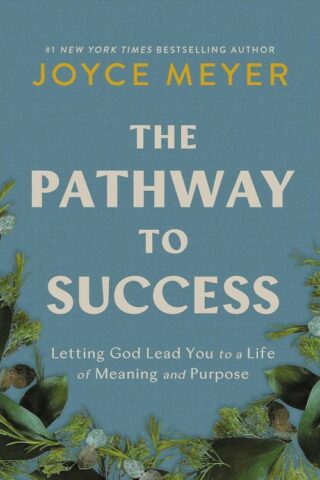
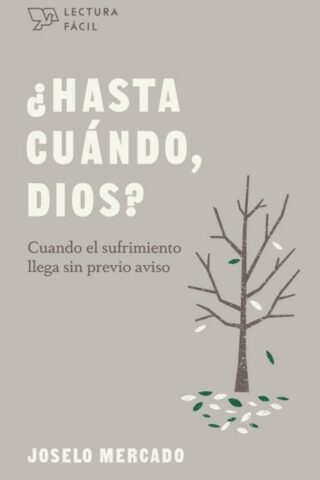

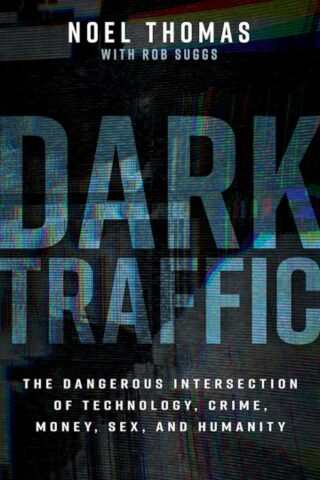
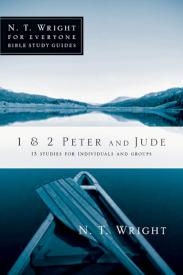


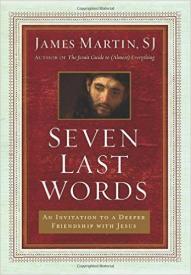
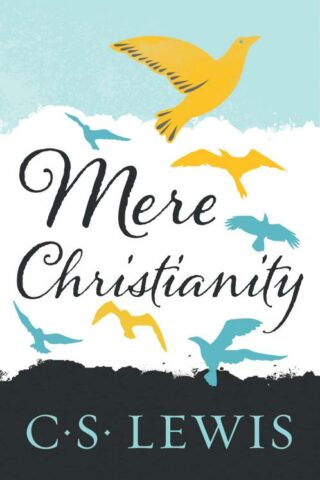




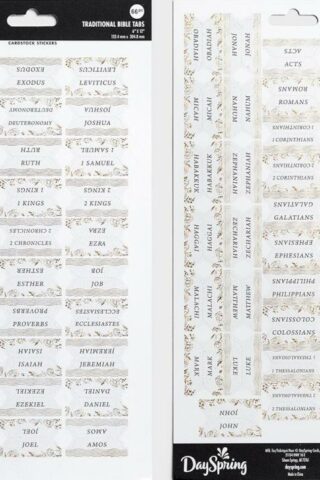
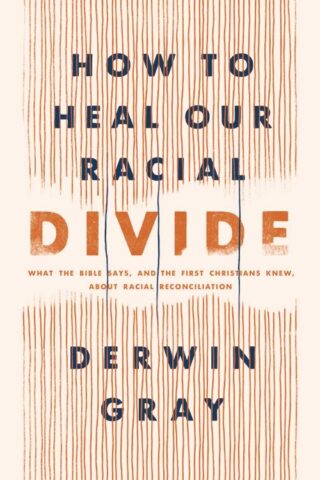

Reviews
There are no reviews yet.